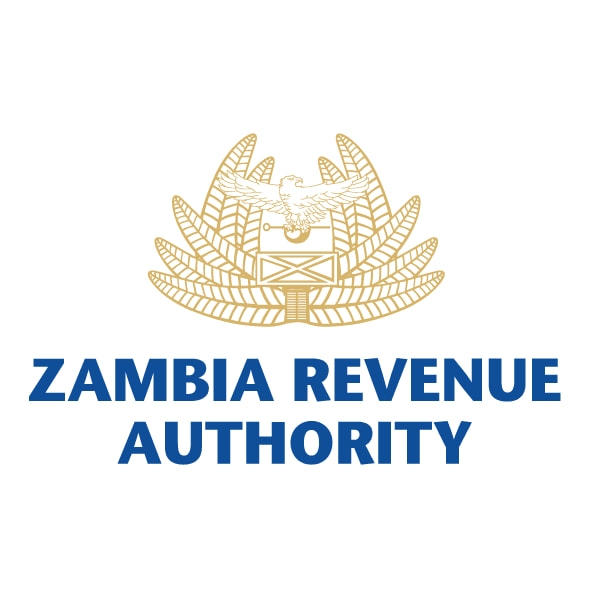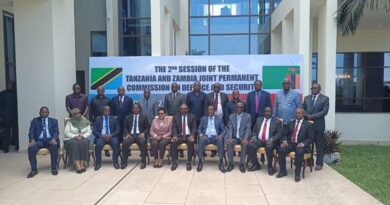Zambia Expands Tax Collection Scope to Digital Economy
The Zambia Revenue Authority (ZRA) has embarked on the collection of Value Added Tax (VAT) from transactions carried out by non-resident electronic service providers, aiming to harness revenue from the burgeoning digital economy.
The decision was unveiled during the 2024 budget address to the National Assembly by Finance and National Planning Minister, Dr. Situmbeko Musokotwane. Acknowledging the potential of the digital economy to bolster the nation’s tax base, Dr. Musokotwane emphasized the importance of tapping into revenue streams from non-resident suppliers.
Subsequently, the Zambian government has enacted legislation to support the taxation of services provided by non-resident suppliers. The legal framework includes the VAT Amendment Act number 27 of 2023, Statutory Instrument number 18 of 2024, and forthcoming Value Added Tax (General) Rules.
Under the provisions, the ZRA is empowered to levy VAT on electronic services supplied to recipients within Zambia. Notably, non-resident suppliers meeting a turnover threshold of over K800,000 annually are mandated to register for VAT. Moreover, voluntary registration is an option for those exceeding the threshold.
The scope of Cross-Border Electronic Services subject to taxation encompasses a wide array of digital offerings, ranging from online advertising and music streaming to software supply and transport hailing services.
In a bid to facilitate compliance, the ZRA has streamlined the registration process for suppliers of Cross-Border Electronic Services and extended deadlines for returns and payments. Efforts to engage with non-resident service providers commenced in 2023, marking a proactive approach by the Zambian tax authority.
Effective April 1st, 2024, Value Added Tax will be imposed on all Cross-Border Electronic Services supplied to resident consumers in Zambia. This directive underscores Zambia’s alignment with other African nations, including Uganda, South Africa, Nigeria, and Kenya, which have already implemented taxation measures targeting non-resident providers in the digital sphere.
Commissioner General Dingani Banda affirmed the implementation of this tax regulation, emphasizing its significance in capturing revenue from the digital economy. With the applicable tax rate set at 16%, the move signals Zambia’s commitment to modernize its tax regime in response to evolving economic landscapes.



